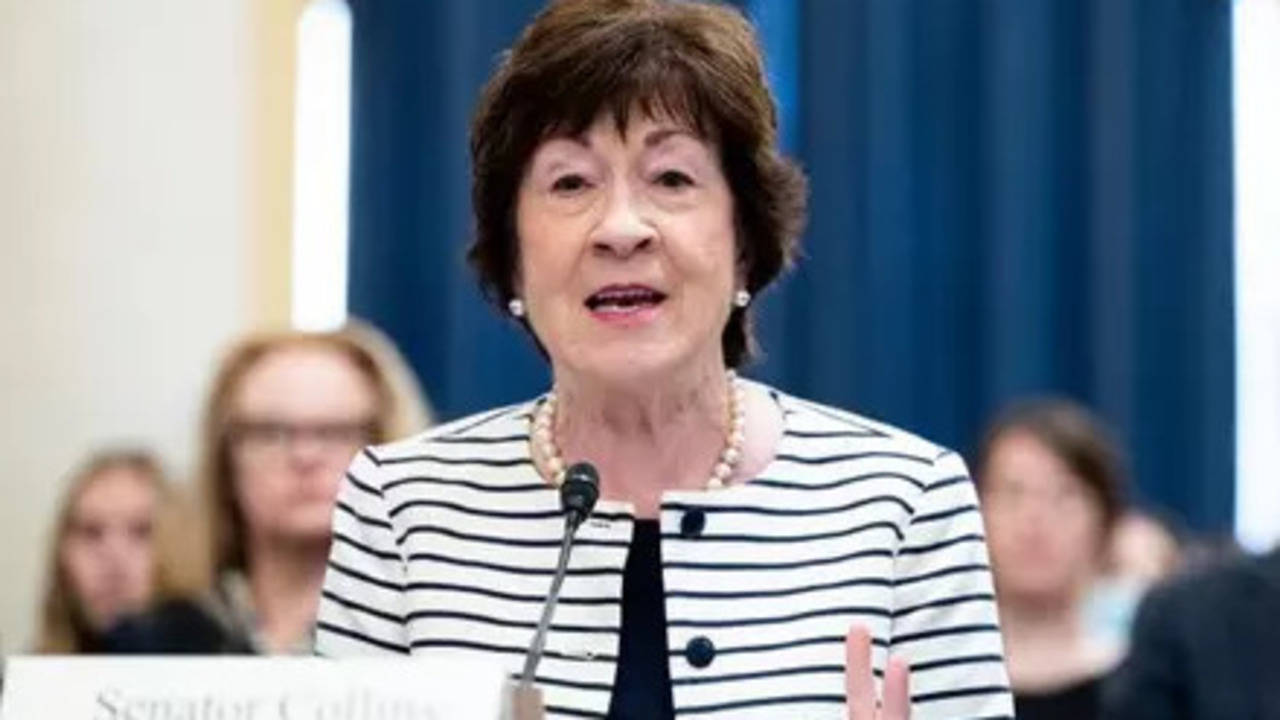
In a recent interview with CNN, Vice President Kamala Harris hinted at the possibility of appointing a Republican to her Cabinet if she were elected president in November. The disclosure has generated conjecture over Senator Susan Collins' (R-Maine) possible candidacy for the role. Harris stated that she wanted to incorporate people with different opinions in her administration and stressed the value of having a variety of perspectives when making decisions.
The remarks were made during a discussion of Harris's and her running mate Tim Walz's policies and campaign tactics in Minnesota. In an attempt to demonstrate unity and bipartisanship, many US presidents have nominated members of the opposing party to their Cabinets, as seen by Harris's comments. Previous presidents, such as Barack Obama, George W. Bush, and Bill Clinton, have also selected people from a variety of political backgrounds for important positions within their administrations.
Other political events included the publishing on Thursday by ABC News-owned 538 of polling data that emphasized two significant Senate contests in Republican areas. In Ohio, Democratic incumbent Sherrod Brown was reported to be retaining a lead against Republican challenger Bernie Moreno. But in Montana, where he was behind Republican challenger Tim Sheehy, incumbent Jon Tester faced a more difficult election.
The Senate race in Ohio has received the most money from advertising thus far, with $310.4 million. The race in Montana comes in third place with $95 million. The race in Pennsylvania, where incumbent Bob Casey is running against Republican challenger David McCormick, has received $207.4 million, ranking second. Political analysts have commented on these developments. Tal Kopan, Deputy D.C. Bureau Chief of The Boston Globe, noted that a Republican victory in Montana could have a substantial impact on the Senate's balance of power. Kopan suggested that Democrats would need to pull off major upsets or achieve perfect results in other difficult states to offset any potential losses.
Co-founder of Vox Matthew Yglesias suggested that Democrats take into account centrist strategies in order to win over moderate Republicans like Collins and Lisa Murkowski. Yglesias contended that in crucial areas like Ohio and Montana, such tactics may sway indecisive voters.
During her CNN interview, Harris also answered questions about how she changed her mind on progressive issues after running for president in 2020, such as Medicare for All, the Green New Deal, and ICE reorganization. She defended her record and reiterated her support for a range of viewpoints in politics, highlighting the possible advantages of having representation from a variety of political backgrounds.

